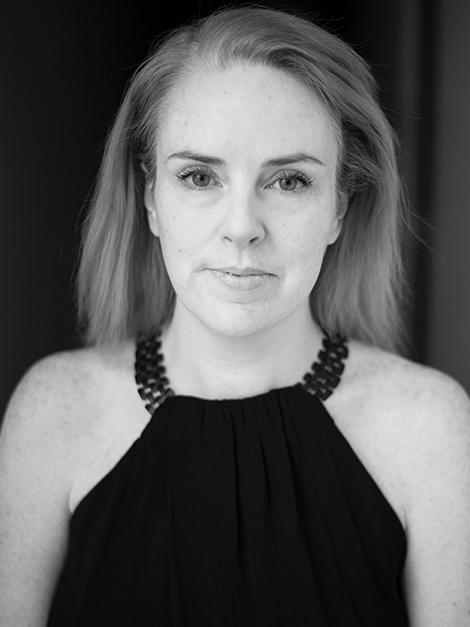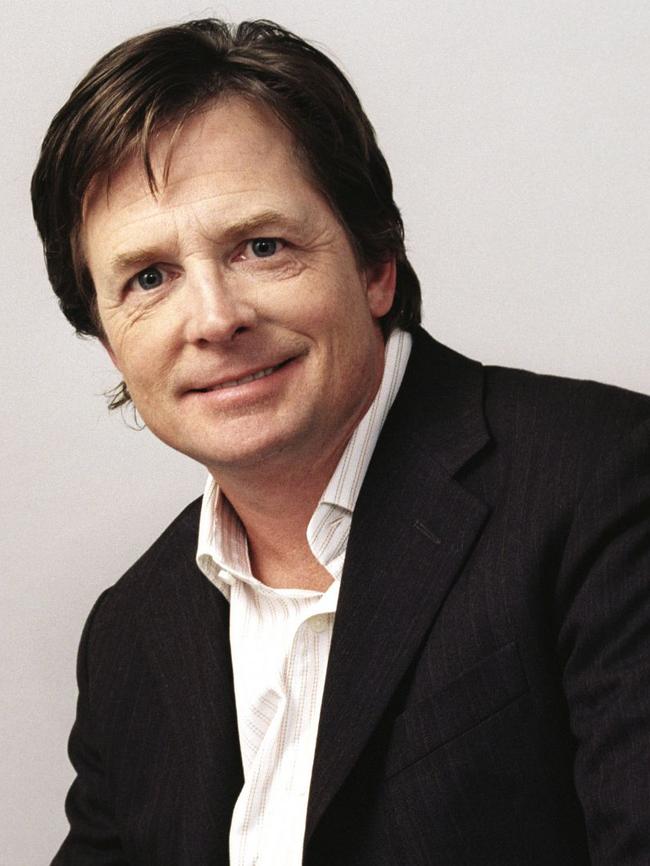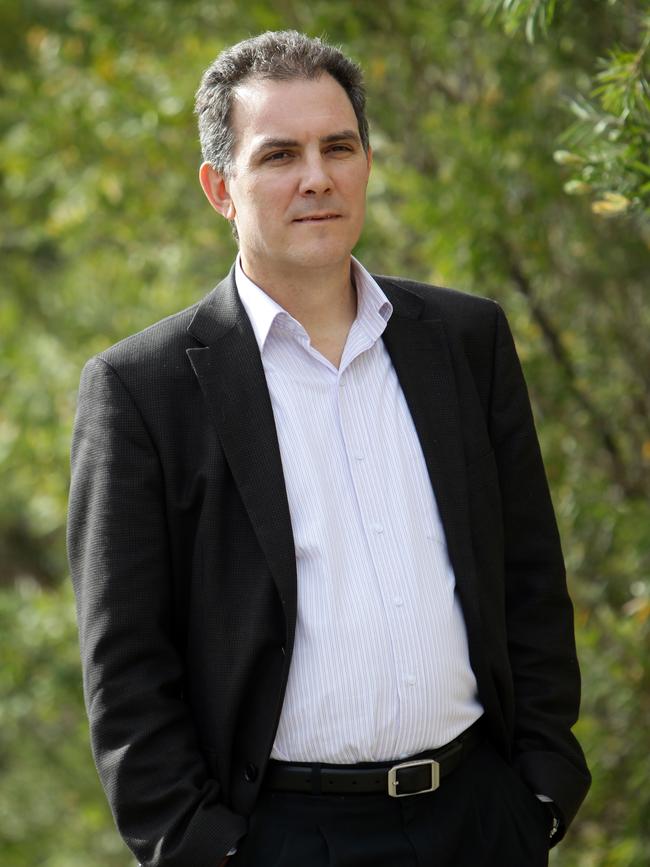The truth about Parkinson’s disease
IT IS not just a disease of old men in their jim-jams shuffling around with the shakes. It also attacks the young and active and can even give people resting bitch face.
Illness
Don't miss out on the headlines from Illness. Followed categories will be added to My News.
TODAY is World Parkinson’s Day. This is a pretty big day for me, because I have Young Onset Parkinson’s. I am unfortunately part of a fairly hefty statistic, because 32 Australians are diagnosed every day with the disease.
It has no cure. 70,000 Australians currently live with it. Twenty per cent of them — that’s one in five people, like me — are under 50.
As is the case with 10 per cent of those 32 people diagnosed everyday, I was under 40 when I was told I had it. Like my hero, Michael J. Fox, I have had it since I was 29. Admittedly also like Mike Fox, I didn’t talk about it publicly for quite some time, both out of fear of acceptance and lack of understanding of my own condition.
Parkinson’s is a horrible beast — it attacks mostly without rhyme or reason.
You could call it an equal-opportunity disease; it doesn’t care about gender, race, age, colour, religion, intelligence, or health. If it were an employer, it would be winning awards for lack of bias. Unfortunately, Parky isn’t an ASX listed company, it’s a degenerative neurological disorder.
At its base, the disease is the brain’s increasing inability to produce dopamine. It causes loss of movement, memory, even total cognitive function and dementia. It can make you severely depressed, anxious, and have immense trouble sleeping.
It often does most of its damage before diagnosis — because it’s immensely difficult to diagnose.
It’s also immensely difficult for a lot of people to understand one very simple thing; it isn’t a disease of old men in their jim-jams shuffling around with the shakes, dazed and confused.
Parky is complex, and different for every single person diagnosed. It’s the disease of the young, the old, the intelligent and the active. Oh — and you don’t have to ‘shake’ to have it.


My worst symptom is not shaking. When I am feeling OK, you wouldn’t know I had Parky. When I’m bad, that’s different. I have Dystonia. I get massive spasms in my feet, face, neck and back, causing distortion — and pain. Lots of pain.
I know Michael J Fox also suffers from Dystonia, and what I call ‘geisha feet’. It makes me feel a little better, because Parky is so weird, anytime someone suffers from the same symptoms as you, it’s a point of reference. Apart from that, I freeze up, or ‘statue’, which does provide (black) moments of humour, such as when I was visiting my parents.
We got home from dinner, and they got out of the car and took off upstairs. Fifteen minutes later they wondered where I was. I was still in the garage, wondering when someone would figure out I couldn’t get my brain to tell my feet how to move from point A to point B. There were a few pointed comments (read: swearwords) after they both stopped giggling guiltily, and got me moving.
There’s also the fairly regular accusation of resting bitch face. I’d like to say this is because Parky causes reduced facial expression, which is absolutely true, but in my case I think it’s because I have resting bitch face.
I do suffer from depression, and it’s something I have to manage carefully. Insomnia and I are also old friends. I’d blame it for my awful sense of humour, but like the face, unfortunately, it’s just me.
Mind you, it has hit some of the funniest people around — and people with fiercely active minds and bodies, which shows just how little it discriminates. Strong, strong people. Michael J Fox. Billy Connolly. Robin Williams. Former US Attorney General Janet Reno. Bob Hoskins. NBA player Brian Grant. Linda Ronstadt. Salvador Dali. Johnny Cash. And a name most people haven’t heard of, but who has raised more money for Parkinson’s research in Australia than any other non-Government source. Clyde Campbell.
Like me, he was diagnosed with Young Onset Parkinson’s. Unlike me, he is bewilderingly clever, and decided to march into the Michael J. Fox Foundation in New York, and tell them he wanted to partner with them. Oh, and they were going to donate dollar-for-dollar to his new foundation, for research into the disease in Australia because he was going to fund all of the administration costs from his own pocket.

He met with my hero, Mike Fox, who thought he was a total rock star. The Fox Foundation agreed to his proposal. In the last five years, Shake It Up (heh) has committed more than $1.8 million to research here in Australia. I am humbled to be an ambassador for them, and proudly support #Pause4Parkinsons today.
But this is a drop in the ocean compared to the money that goes into cancer research, and diabetes, and heart disease. Yet 32 new Australians are diagnosed every day. And many of them are like me, or Mike Fox, or Clyde Campbell. A no one who becomes a someone. A someone who, up until the day a friend commented ‘what’s wrong with your handwriting?’, or couldn’t move their right arm for the third day running, couldn’t imagine something like this hitting them.
Someone with a demanding job; who played netball, or cricket, or tennis, and suddenly noticed it was really hard to keep their balance. Someone who’d always had trouble sleeping, but was now awake for a week at a time, hearing the neighbours’ alarm clock through the walls from 300 metres. Someone with a good life.
Someone now facing a disease without a cure, scared stupid in the bad moments by the thought of dementia; but who knows the only way forward is to keep strong and focused on finding that elusive bloody cure. Someone who continues to have a good life, because Parkinson’s is not a death sentence.
It’s frightening, strange, and it hurts; but it is manageable, and you can joke about it and make fun of it. It’s easier to keep the demons at bay if you challenge them head on, and laugh at them, and yourself.
Today, on World Parkinson’s Day, I want you to think about all those ‘someones’.
They are scared, but strong — or in my case, acting like a total muppet. My usual self, which is kind of my point. They could be sitting next to you at work, on the train, at lunch, in the pub, in a restaurant. Paying for their groceries. Or, if you’re like me, at age 29, with your sky falling — one of them could be you.
Please. Help find a cure.
Go on.
Video Courtesy of Parkinson’s NSW.
Originally published as The truth about Parkinson’s disease


